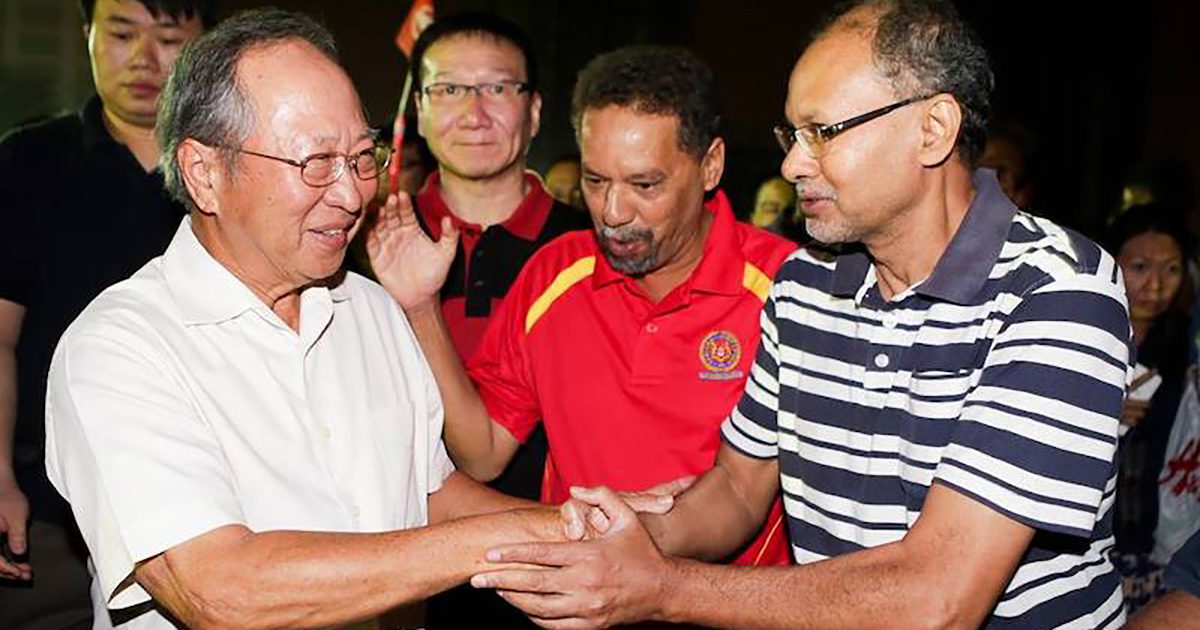Nikkei Asian Review, a venerable weekly business journal in Japan, on Jan. 21 reported on and analysed the defection of Tan Cheng Bock.
The piece, a recounting of the facts and piecing together of professional political analysts' views, said Tan's hopping into the opposition camp "caused a political earthquake", and possibly triggering an early election.
The article also went as far as calling Tan, 78, "a former stalwart of the city-state's ruling People's Action Party", in a bid to emphasise the unprecedented nature of this defection.
Except that Tan has already left the PAP for more than seven years when he ran as a candidate during the 2011 Presidential Election.
But the piece also said "Singapore's political scene has become fluid" as a result.
Whether these characterisations are on fleek or superfluous, is a matter best left to time to tell.
With the next election to be held by April 2021, the next two years might be a long time in politics.
But here are some of the analysts' comments as reported by Nikkei about Tan and the state of politics in Singapore at the start of 2019.
Galvanise the opposition
Meredith Weiss, professor of political science at the State University of New York in Albany, told Nikkei: "Tan Cheng Bock's entry will surely galvanise enthusiasm for his and other opposition parties."
However, Weiss said an overall win by the opposition is "unlikely" even with Tan's presence, but noted that "if they find ways to collaborate so they're competing only against the PAP, the opposition could make meaningful further headway".
She cited various factors such as the rising cost of living and uncertainty over the ability of next-generation leaders to guide the nation that could spell trouble for the ruling party.
Weaker economy favours ruling party
But a projected weaker economy and leadership transition could see an early election called.
Analysts, Nikkei reported, said economic uncertainties surrounding Singapore give the ruling party advantages in an early election.
Garry Rodan, director of the Asia Research Center of Australia's Murdoch University, said: "Singapore's heavy dependence on international markets and no likely resolution in sight to friction between China and the US over trade means that Singapore's economy could slow even more dramatically after 2019."
Rodan also said: "The PAP may not want to chance that -- especially as the next election has been declared by Prime Minister Lee as an opportunity for the party's fourth-generation leaders to shine."
Rodan was also quoted as saying: "The opposition movement in Singapore needs more cohesion, not more parties. The prospect of a larger vote share by opposition parties, but no more seats at the next election, is a genuine prospect."
Singapore's economy is expected to grow 2.6 percent in 2019, slower than last year's 3.3 percent, according to economists' forecast compiled by the Monetary Authority of Singapore.
You can read the full Nikkei Asian Review article here.
If you like what you read, follow us on Facebook, Instagram, Twitter and Telegram to get the latest updates.
